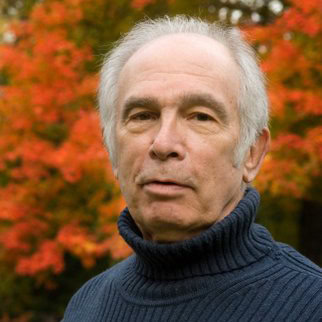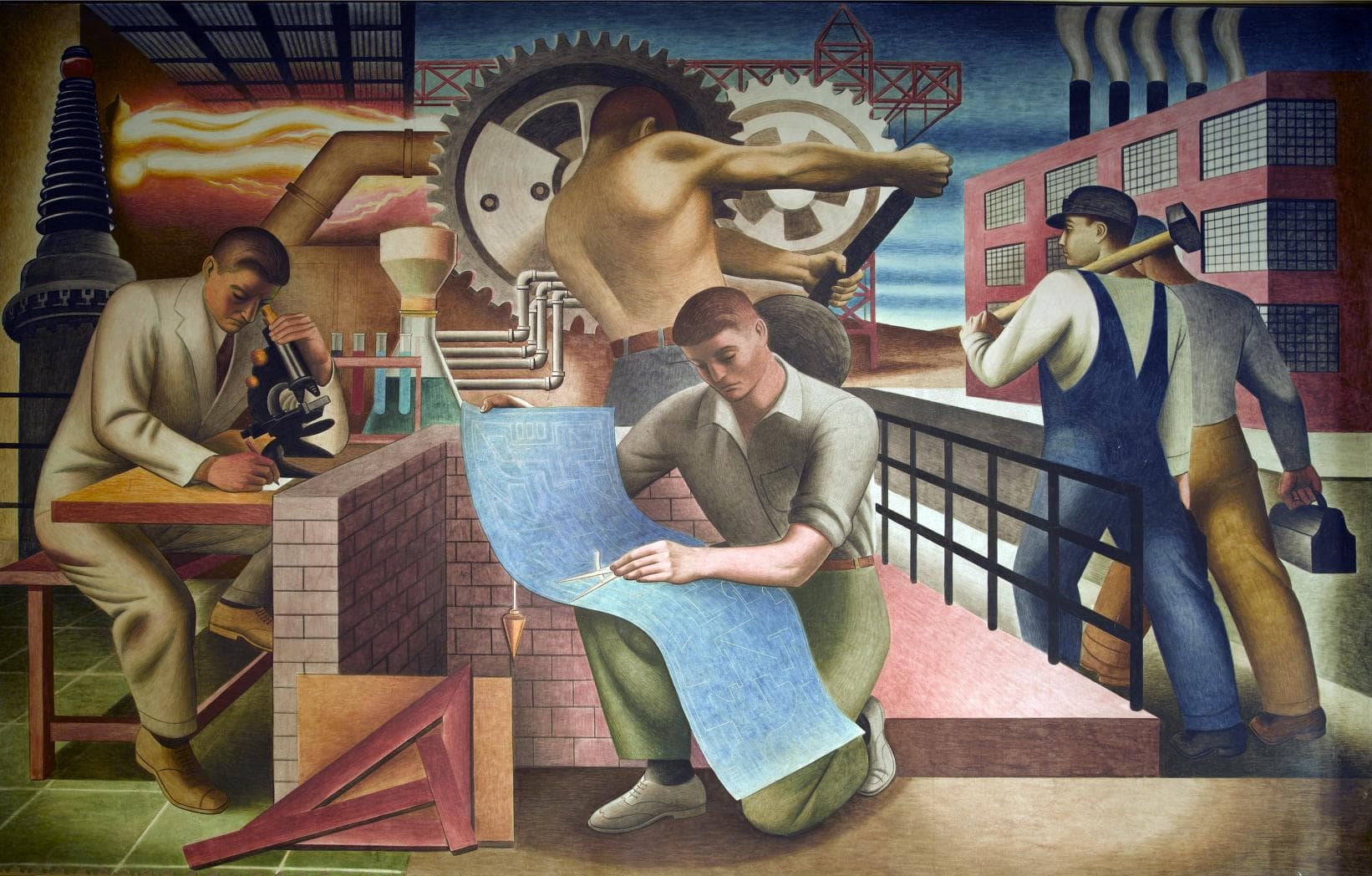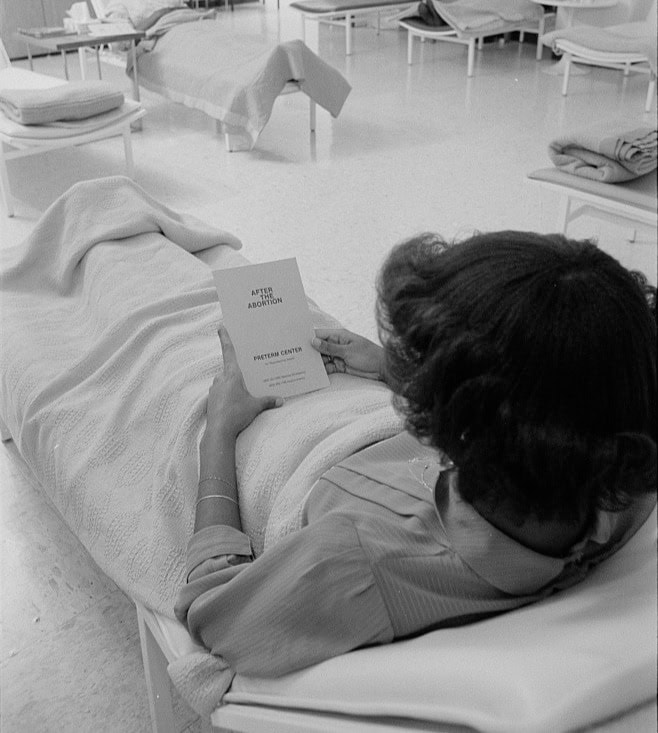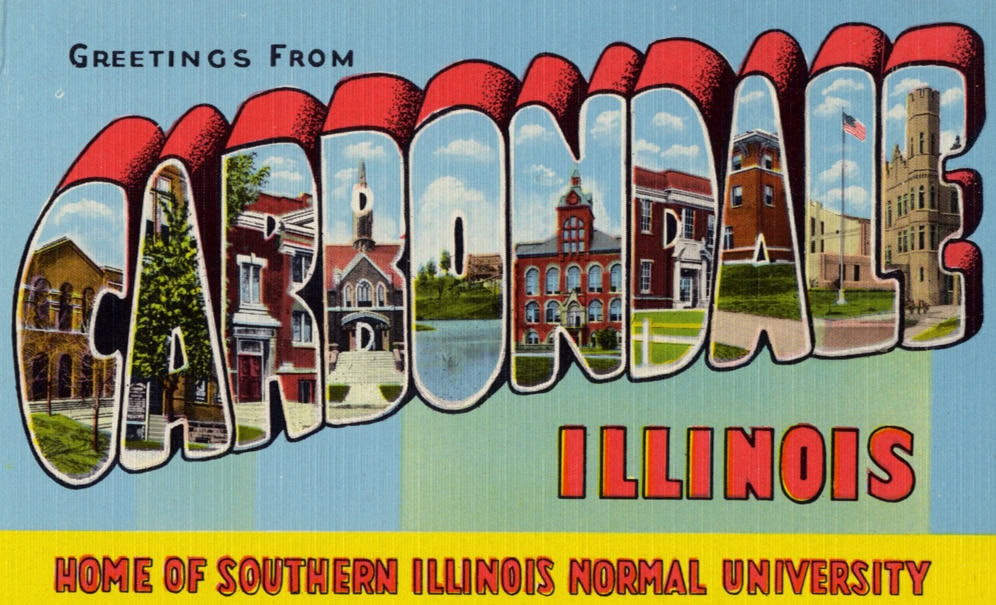The publication of The Education of Historians for the Twenty-first Century (University of Illinois Press, 2004), the report of the AHA’s Committee on Graduate Education (under the direction of New York University’s Thomas Bender, Princeton University’s Colin Palmer, and the AHA’s Philip M. Katz), marks the opening of a new era in the history of the discipline. The first full-scale review of graduate education in more than 40 years, the report sets forth a blueprint for creating what it calls “the compleat historian”—a paragon of professional ability able to convey historical knowledge beyond the walls of classrooms, a person as skilled in teaching as in research scholarship. The recent decades’ increased emphasis upon academic research, it declares, obscures “other essential aspects of the education of historians for the careers they will seek and pursue.” Yet awareness of this fact “has not … led many historians to rethink the basic missions, structure, and practices of graduate education.” Arguing that the future of the discipline is in the balance, the report calls for “boldness of thought and action” to bring about a transformation in graduate education, and thus in how historians think of their professional careers. (A come-clean admission: I was a sometime adviser to the Committee on Graduate Education.)
What the report’s authors have in mind, apart from some managerial changes in graduate history education, is an increased emphasis upon the teaching skills of aspiring historians. They want to end the apprentice system of graduate preparation—the system in which university professors, as Columbia’s Alice Kessler-Harris has so aptly put it, want to “have” graduate students rather than train them. They also wish to see a wider use of professional internships whereby newly qualified historians can learn about the satisfying extra-academic pursuits in which historians can be engaged, better “mentoring,” and a greater emphasis upon students learning the history of the discipline and of higher education generally. None of these recommendations is radical by itself, but if they were all adopted, they’d constitute a fundamental alteration in the preparation of history graduate students and make doctorate-granting departments significantly alter their programs.
Of course, it’s not as if all historians had been awaiting cues from the AHA before venturing to try something new for training new historians. In fact, not only have historians often been among the best and most innovative teachers on their campuses, but many have also taken pioneering and exemplary steps—for instance, by bringing history to the public and by using new media in the classroom.
And yet, as the committee’s report implicitly recognizes, such independent initiatives have not added up to enough. And surely as most would acknowledge, most of those have not penetrated into the discipline’s academic center of gravity. The time has come, argue the report’s authors, to prepare all historians in a roughly similar way for roughly similar ends—to be multiskilled for a new age of civic as well as classroom and scholarly engagement. Never before has the discipline’s senior membership organization, impelled by a committee of historians from a wide range of institutions, so warmly embraced the view that some sharp departures in the discipline’s way of preparing successor historians are necessary. For this reason, the report is both startling and noteworthy.
But are the report’s proposals enough? Can we do more? One gets a sense from its specific recommendations for changes in graduate education that the report’s authors believe that preparing aspiring historians better for teaching and for careers as public historians will do the trick. That’s debatable. For one thing, it’s unclear who will carry out the committee’s recommendations. Members of the great graduate history departments are in general inexperienced, where they aren’t simply uninterested, in the many, diverse practices of public history; and for these departments simply to hire a public historian or two to teach their students will only perpetuate the two-track system of preparation that increasingly bedevils the discipline and which the committee wishes to end. Unless the discipline’s senior historians put themselves through a kind of re-training, unless their own aspirations about their roles as educators of younger people in all dimensions of their discipline are transformed, unless admonition is replaced by action, it’s hard to see how they can effectively prepare the next generation of historians as the committee wishes them prepared.
What’s more, to prepare young historians simply to be better teachers and to be actively engaged with their fellow citizens as well as scholars will not be enough. History graduate students need concrete training in the operation of its many institutions and in the purposes of the discipline’s many practices; they need better preparation for their professional obligations as historians, an introduction to the problematic meaning of the “service” ideal in the academy and elsewhere, and knowledge of the growing body of literature about the teaching and learning of history. They also need guidance for the many reasoned choices they’ll have to make during their careers. To place more emphasis upon teaching and public outreach is necessary but not sufficient. A “compleat historian” must understand the diverse responsibilities of teacher, scholar, and civic participant; and for that to happen, a considerably broader preparation is required than the report seeks.
The intention here is not to emphasize the report’s shortcomings, which are, in any case, far fewer in number than its many strengths. The report deserves careful attention because of what it implicitly suggests ought to happen in all disciplines of the humanities and social sciences. Each discipline, of course, has its own particular relationship to public discourse and its own particular utility, and what applies in one cannot perforce apply in the same way to all. Nevertheless, all of our disciplines now face similar challenges to justify their existence and utility—justifications beyond their classic formulations as bodies of knowledge and arenas of understanding unto themselves. For this reason, each discipline ought to be undertaking the same searching examination of the preparation of future generations of practitioners that history has ventured upon. Each should be encouraging and lending support to those individuals who wish to experiment with new means of reaching the public. None should assume that the way in which its work has previously been pursued is sufficient or that the self-justifying assertion that the public is obliged to accept and pay us for what we do can much longer avail.
Perhaps all the disciplines of the humanities and related social sciences would be well served to address these problems together, desirably under the auspices of the American Council of Learned Societies. We need to learn in the first instance about what’s going on in the different disciplines regarding graduate education and outreach efforts and about what discrete projects that try to apply knowledge to public issues are bearing fruit. There are too few outlets through which practitioners of all the disciplines can readily converse with each other about these matters. An all-points assay of graduate education in all the humanities and social science disciplines and of how these disciplines are trying to meet the particular challenges of learning, teaching, and civic engagement in our era would be of undoubted benefit to us all.
In any event, as is surely going to be the case in history, graduate education is not likely to be altered unless the history departments of the most influential and largest research universities, including those of the report’s chief authors, take the steps urged upon them by the AHA’s Committee on Graduate Education. Unless and until they do so, neither the honor that duly accrues to the venturesomeness of smaller programs, many of them in public history, nor the occasional successes of inventive lone practitioners of history or any other discipline will be enough to bring our disciplines into consonance with an ever-changing world.



